Section 80DD of the Income Tax Act, 1961 provides for a tax deduction to an assessee or a taxpayer. Such a tax deduction is against any sum the taxpayer incurs for the medical treatment of a person suffering from a disability or a severe disability. In this article, we have covered the deduction available, conditions, diseases covered, and certificate required.
What is Deduction Under Section 80DD?
An assessee or a taxpayer can claim a tax deduction during the financial year against:
- Any amount paid for medical treatment (including nursing), training, and rehabilitation of a dependant of a person suffering from a disability
- Any amount paid or deposited any amount under a scheme. Such a scheme is framed on behalf by the Life Insurance Corporation or any other insurer or administrator. Moreover, the Board must approve the scheme on behalf for the maintenance of a dependant, being a person with a disability.
Conditions To Satisfy
- The scheme must provide for payment of the annuity or lump sum amount for the benefit of a dependant who is suffering from a disability. Such payment must be available in the event of the death of the individual taxpayer of HUF on whom the person suffering is dependent.
- The taxpayer must nominate the dependant or any other person or a trust to receive the payment to receive the benefit under the scheme.
Eligibility for Section 80DD
An individual resident taxpayer and a Hindu Undivided Family are eligible for a tax deduction under section 80DD. Such deduction is available against a dependent. In the case of an individual taxpayer, the dependent is the spouse, children, parents, brothers, and sisters of the individual or any of them. In the case of a HUF, the dependent is a member of the Hindu undivided family.
Section 80DD Deduction Limit
| Type of Disability | Deduction Limit |
| Non-Severe Disability | Rs 75,000 |
| Severe Disability | Rs 1,25,000 |
Definition of Dependant For Section 80DD
| Type of Taxpayer | Person Suffering From Disability |
| Individual Taxpayer | The spouse, children, parents, brothers, and sisters of the individual or any of them |
| Hindu undivided family | A member of the Hindu undivided family |
Diseases Covered Under Section 80DD
| Disease or Disability | Description |
| Blindness | A condition where a person suffers from any of the following conditions, namely:-(i) Total absence of sight. or(ii) Visual acuity not exceeding 6160 or 201200 (Snellen) in the better eye with correcting lenses; or(iii) Limitation of the field of vision subtending an angle of 20 degrees or worse |
| Low vision | “Person with low vision” means a person with impairment of visual functioning even after treatment or standard refractive correction but who uses or is potentially capable of using vision for the planning or execution of a task with an appropriate assistive device; |
| Leprosy-cured | “Leprosy cured person” means any person who has been cured of leprosy but is suffering from-(i) Loss of sensation in hands or feet as well as loss of sensation and paresis in the eye and eye-lid but with no manifest deformity;(ii) Manifest deformity and paresis; but having sufficient mobility in their hands and feet to enable them to engage in normal economic activity;(iii) Extreme physical deformity as well as advanced age which prevents him from undertaking any gainful occupation, and the expression “leprosy cured” shall be construed accordingly |
| Hearing impairment | Hearing impairment” means loss of sixty decibels or more in the better ear in the conversational range of frequencies |
| Locomotor disability | “Locomotor disability” means disability of the bones, joints muscles leading to substantial restriction of the movement of the limbs or any form of cerebral palsy |
| Mental retardation | “Mental retardation” means a condition of arrested or incomplete development of mind of a person which is especially characterized by sub normality of intelligence; |
| Mental illness | “Mental illness” means any mental disorder other than mental retardation |
How To Obtain A Certificate For Claiming Deduction U/S 80DD?
To claim a tax deduction u/s 80DD you must mandatorily obtain a certificate. The medical authority for certifying is:
- A Neurologist having a degree of Doctor of Medicine (MD) in Neurology (in case of children, a Paediatric Neurologist having an equivalent degree)
- A Civil Surgeon or Chief Medical Officer in a Government hospital
What Should Be Mentioned in The Certificate?
You must ensure that the certificate contains the following information.
- the name and age of the patient
- the name of the parent
- Address
- name of the disease or ailment
- the name, address, registration number
- Whether the disability is progressive/non-progressive/likely to improve/not likely to improve
- Reassessment, if any, and the next reassessment suggested period in months or years.
- the qualification of the specialist issuing the prescription
- the name and address of the institution/ Government hospital,
- Signature of the patient and specialist
Things To Remember While Claiming Deduction Under Section 80DD
- Section 80DD tax deduction is available to a resident individual and HUF. It is not available to a non-resident.
- If an assessee is eligible for a reassessment for the disability then he/ she must undergo reassessment and obtain a new certificate. During the financial year, the disability must be applicable.
- You need not retain any medical bills or any other proof. However, you must obtain the certificate in Form 10-IA from the prescribed medical authorities.
- Attach Form 10-IA along with the income tax return for the financial year.
- The taxpayer of HUF may opt for a scheme for the benefit of the dependant managed by LIC or any other insurer. If the dependent dies before the taxpayer then an amount equal to the amount paid or deposited will be taxable as income. Such an income under such a scheme will be taxable in the previous year in which he/ she receives the amount.
Important Definition Under Section 80DD
| Term | Description |
| Disability | As mentioned in clause (i) of section 2 of the Persons with Disabilities (Equal Opportunities, Protection of Rights and Full Participation) Act, 1995 (1 of 1996), and includes “autism”, “cerebral palsy” and “multiple disabilities” referred to in clauses (a), (c) and (h) of section 2 of the National Trust for Welfare of Persons with Autism, Cerebral Palsy, Mental Retardation, and Multiple Disabilities Act, 1999 (44 of 1999) |
| Medical authority | As referred to in clause (p) of section 2 of the Persons with Disabilities (Equal Opportunities, Protection of Rights and Full Participation) Act, 1995 (1 of 1996), or such other medical authority as may, by notification, be specified by the Central Government for certifying “autism”, “cerebral palsy”, “multiple disabilities”, “person with a disability” and “severe disability” referred to in clauses (a), (c), (h), (j) and (o) of section 2 of the National Trust for Welfare of Persons with Autism, Cerebral Palsy, Mental Retardation, and Multiple Disabilities Act, 1999 (44 of 1999) |
| Person with disability | A person referred to in clause (t) of section 2 of the Persons with Disabilities (Equal Opportunities, Protection of Rights and Full Participation) Act, 1995 (1 of 1996), or clause (j) of section 2 of the National Trust for Welfare of Persons with Autism, Cerebral Palsy, Mental Retardation, and Multiple Disabilities Act, 1999 (44 of 1999) |
| Person with severe disability | A person with eighty percent or more of one or more disabilities, as referred to in sub-section (4) of section 56 of the Persons with Disabilities (Equal Opportunities, Protection of Rights and Full Participation) Act, 1995 (1 of 1996); orA person with a severe disability is referred to in clause (o) of section 2 of the National Trust for Welfare of Persons with Autism, Cerebral Palsy, Mental Retardation, and Multiple Disabilities Act, 1999 (44 of 1999). |
Frequently Asked Questions
The limit for section 80DD is Rs 75,000 for the medical treatment, training, and rehabilitation of a person suffering from a disability. The tax deduction for the treatment of a person suffering from a severe disability is INR 1,25,000 in a financial year.
No, you cannot claim tax deduction under section 80U and section 80DD simultaneously. Section 80U deduction is available to a person who is suffering from a disability. A person can claim a deduction under Section 80DD when paying for the treatment of a dependent suffering from a disability.
Section 80U is available to a taxpayer who is himself/ herself suffering from any of the eligible disabilities. On the other hand, section 80DD deduction is available to an individual taxpayer or HUF who has paid for the medical treatment, training, and rehabilitation of a person suffering from a disability. Such a person suffering from a disability is dependent on the individual taxpayer or HUF.
No diabetes is not covered under section 80DD.
Popular Income Tax Sections
Related Articles
- What is Deduction Under Section 80DD?
- Eligibility for Section 80DD
- Section 80DD Deduction Limit
- Definition of Dependant For Section 80DD
- Diseases Covered Under Section 80DD
- How To Obtain A Certificate For Claiming Deduction U/S 80DD?
- What Should Be Mentioned in The Certificate?
- Things To Remember While Claiming Deduction Under Section 80DD
- Important Definition Under Section 80DD
- Frequently Asked Questions











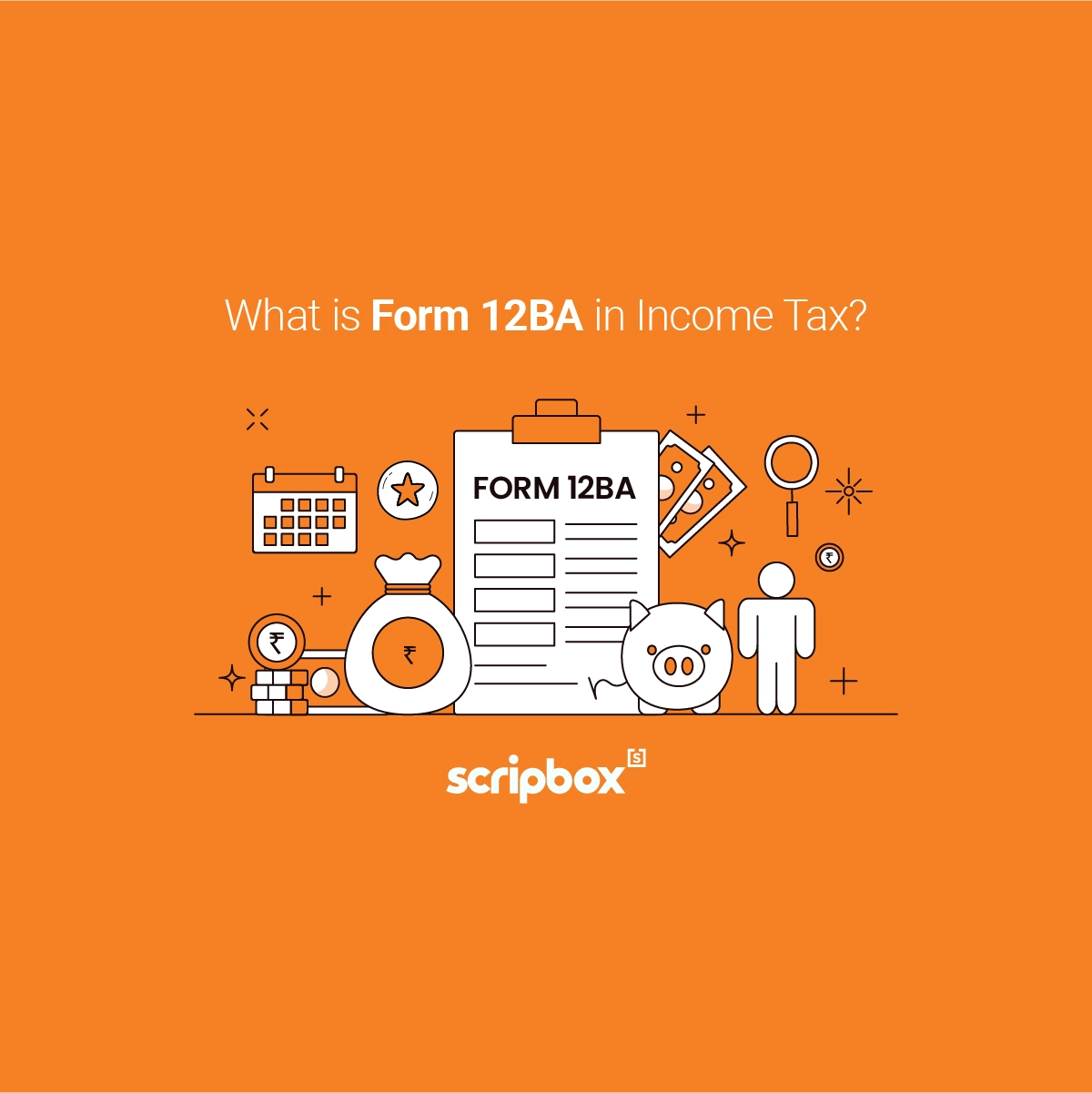
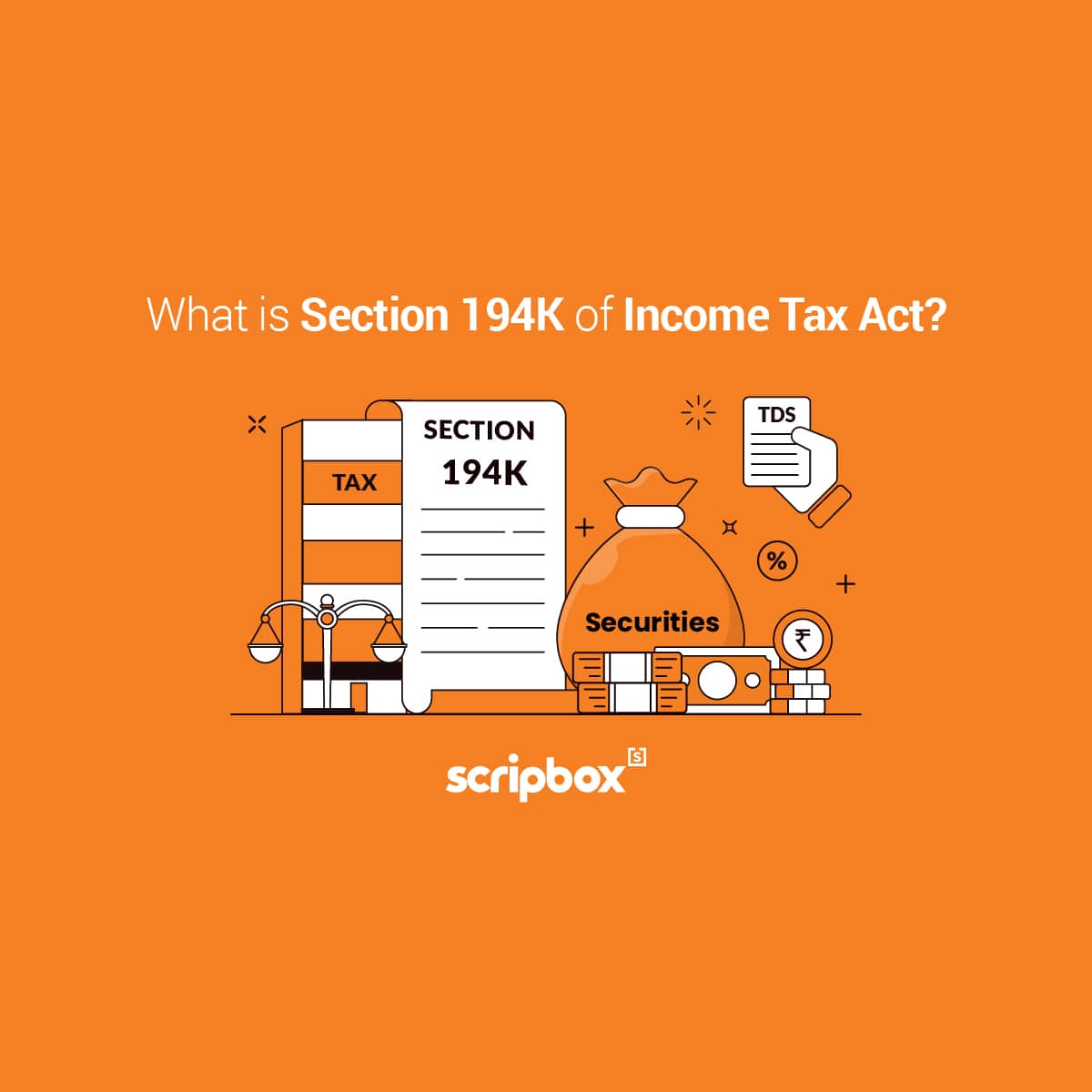
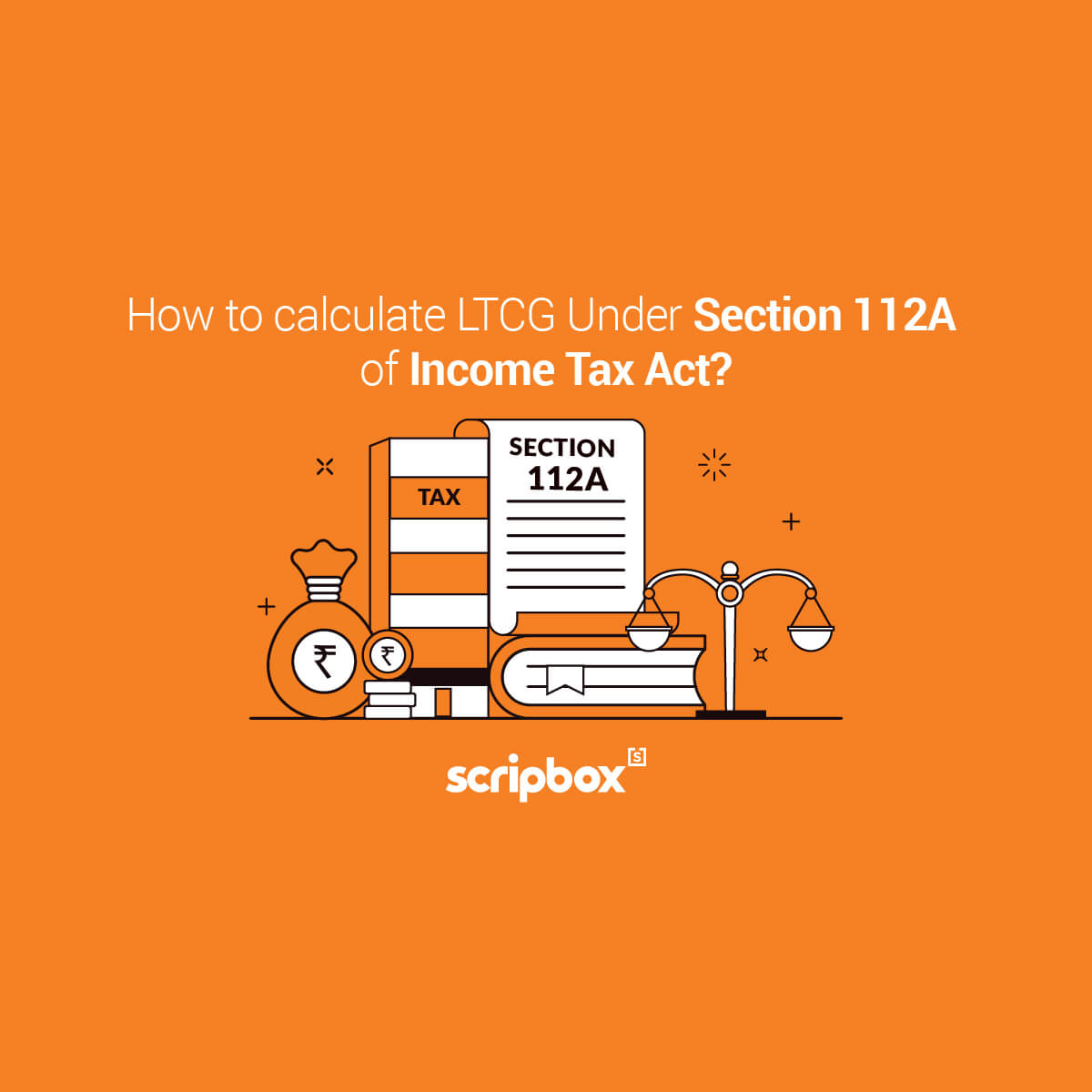
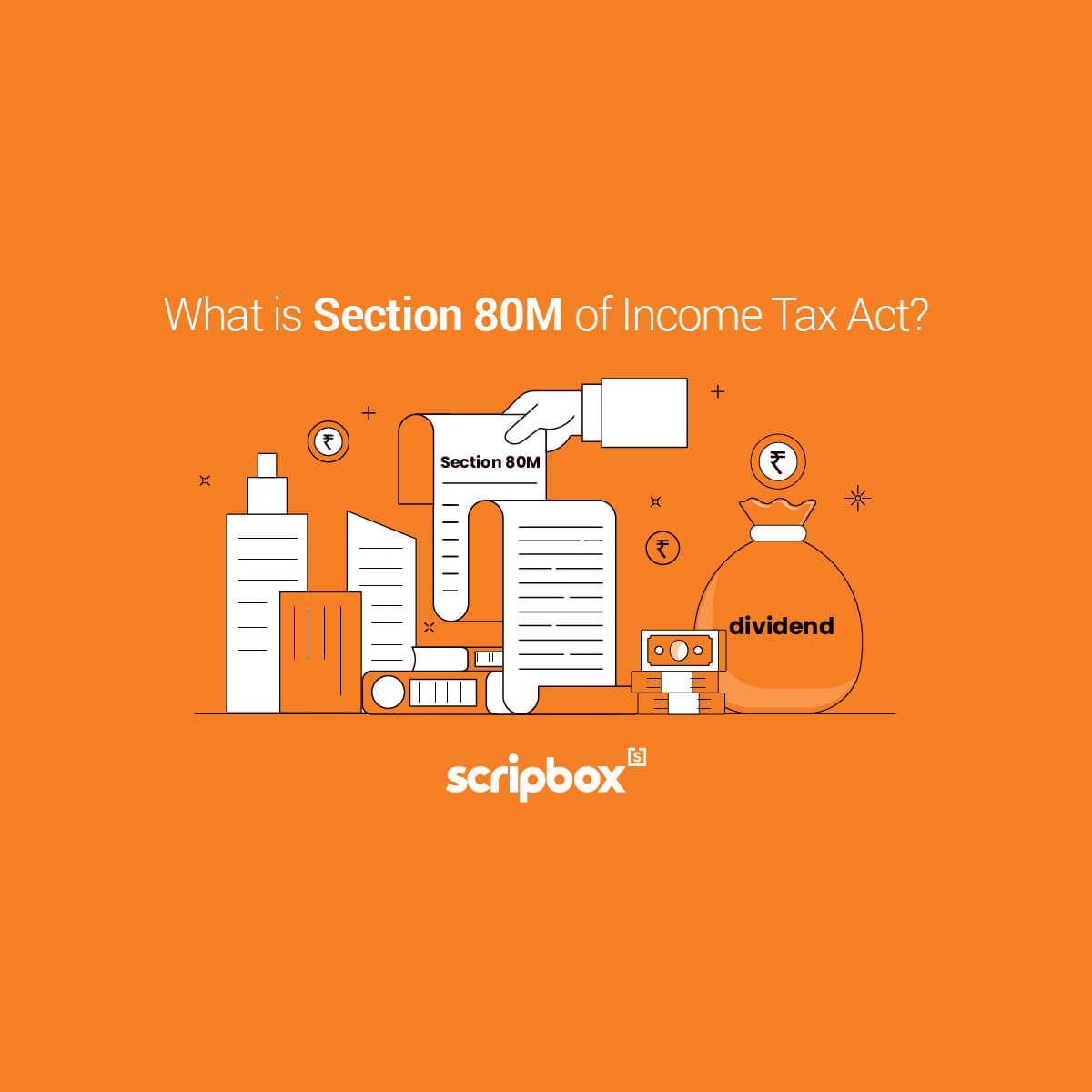
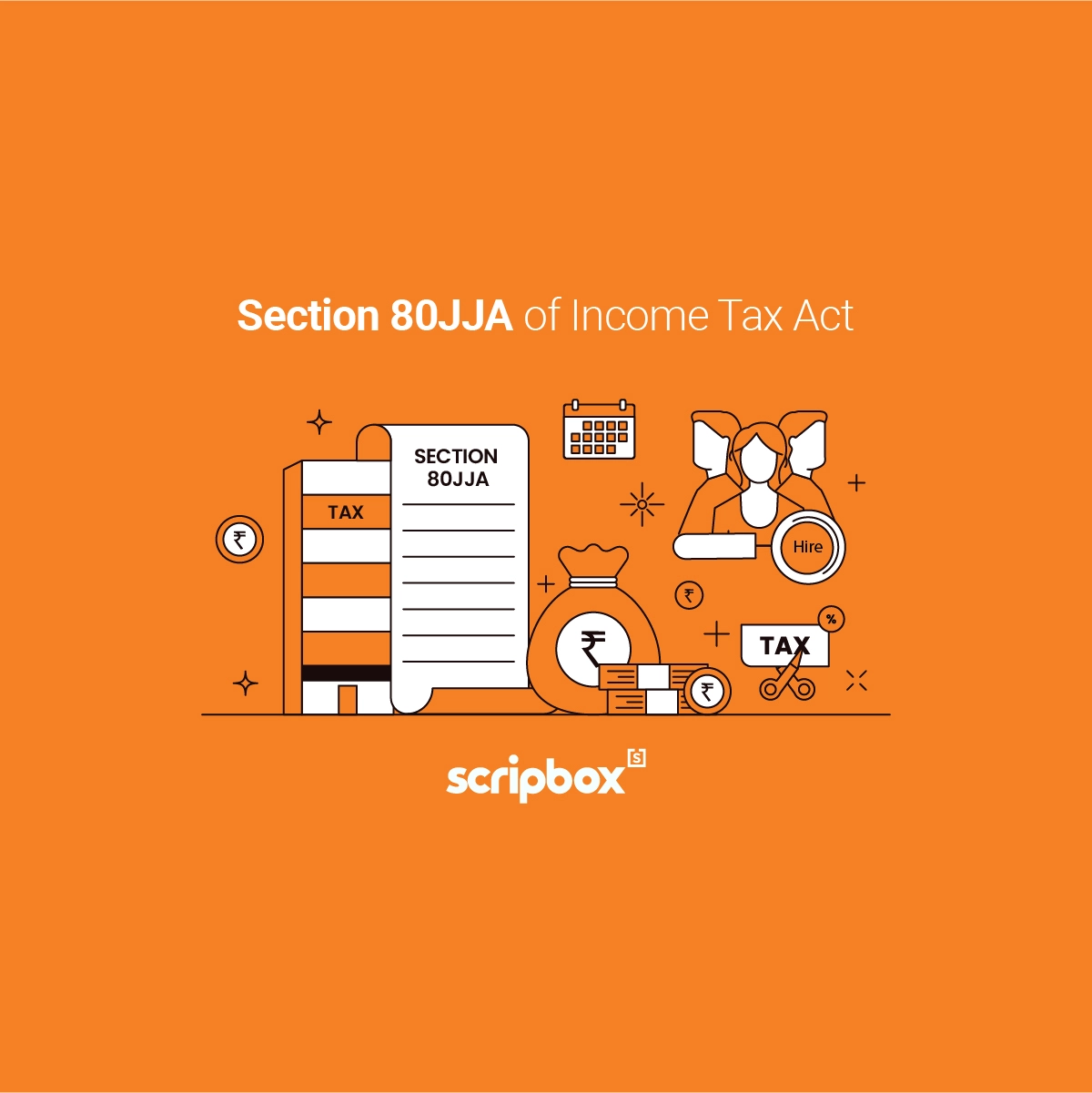
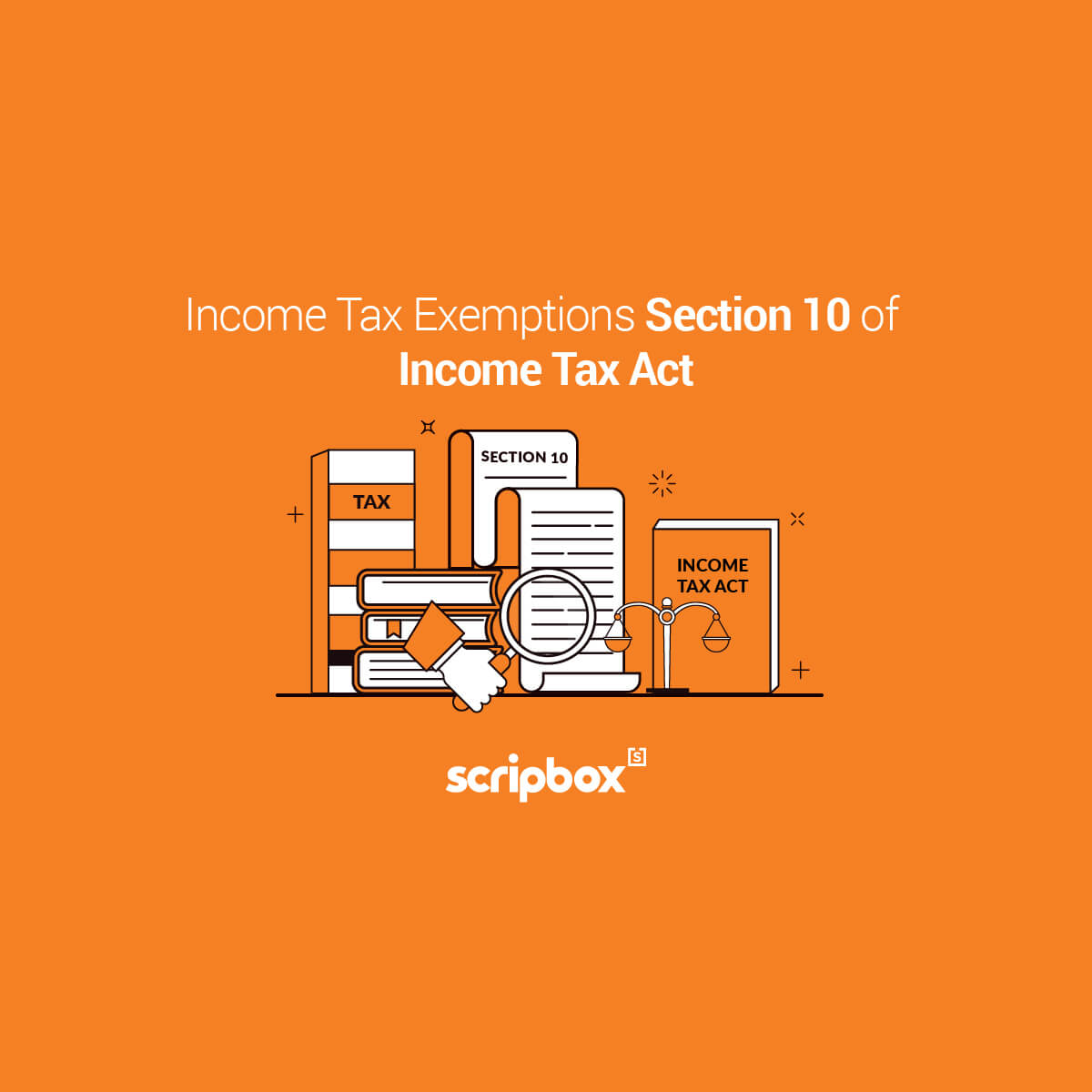






Show comments